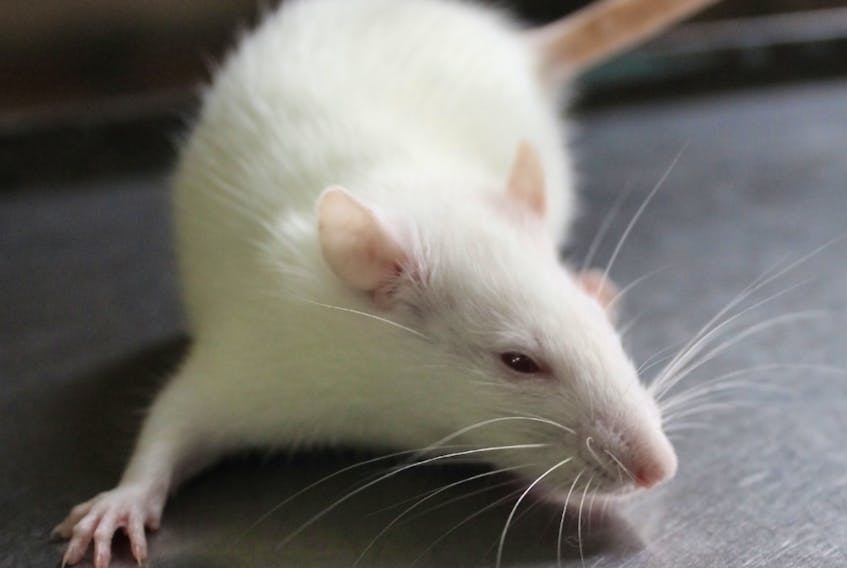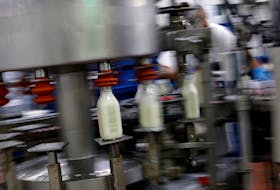A Japanese scientist is one step closer to beginning unprecedented experiments that could develop human-animal embryo hybrids.
Hiromitsu Nakauchi, a professor at the Institute of Medical Science at the University of Tokyo and the Department of Genetics at Stanford University, has just received approval from a committee of scientists working for the Japanese government to insert human stem cells into rodents in an attempt to grow a human pancreas in the animal.
The goal of the experiment is to get one step closer to developing human organs in animals that could eventually be transplanted back into people. According to a report by the federal government, 4,587 people were on Canada’s organ transplant waitlist in 2015, and 261 people died waiting for a transplant.
We don’t expect to create human organs immediately, but this allows us to advance our research based upon the know-how we have gained up to this point
Japan had previously banned the creation and experimentation of animal embryos imbued with human cells that were more than 14 days old. But in March, the Japanese government announced it would be revising its policy, effectively lifting the 14-day limit on developing embryos and allowing human-animal chimeras to come to term in a surrogate animal. Nakauchi’s experiment is the first to be approved following the policy change.
Though the decision allows unprecedented access to long-term chimeric organ experiments, some scientists were concerned with the ethics of the decision. The biggest worry for bioethicists in the industry is the possibility of developing a human-animal hybrid with human cells in the brain, which would present a huge ethical issue in terms of its cognition and awareness.
According to Nature, Nakauchi’s team plans to take the experiment slowly and won’t immediately start by bringing human-animal chimeras to term. They plan to create a mouse embryo which lacks the gene required to produce a specific organ like the pancreas, then inject it with human stem cells, which potentially would be used to create the missing organ. Eventually, the team will repeat the experiment with rats, and later — if it’s approved — with pigs.
“We don’t expect to create human organs immediately, but this allows us to advance our research based upon the know-how we have gained up to this point,” Nakauchi told The Asahi Shimbun.
A 2017 survey found that about 81 per cent of Japanese citizens and 92 per cent of researchers approved of human-animal chimeric embryo research, especially in terms of developing organs for transplants. However, the survey found that approval of human-animal experimentation dropped significantly if it involves imbuing animal brains with human cells.
Earlier this year, researchers at Yale University published a paper that proposed creating human-monkey chimeras — creatures with entire sections of their brains derived from human cells — for research into cerebral conditions such as Alzheimer’s. That kind of experimentation has already been underway in China, where scientists noticed eerie increases in the subject monkey’s cognitive abilities.
“To be honest, it just really ethically scares me,” Douglas Munoz, a neuroscience researcher at Queen’s University, told the National Post .
For his experiment, Nakauchi told The Asahi Shimbun that the team would be analyzing the brains of the hybrid embryos throughout the process, and if it consists of more than 30 per cent human cells, they will suspend the project. He assured the publication that
Nakauchi’s experiment is still waiting for official approval from the The Ministry of Education, Culture, Sports, Science and Technology, which Nature reports is expected next month.
Copyright Postmedia Network Inc., 2019









